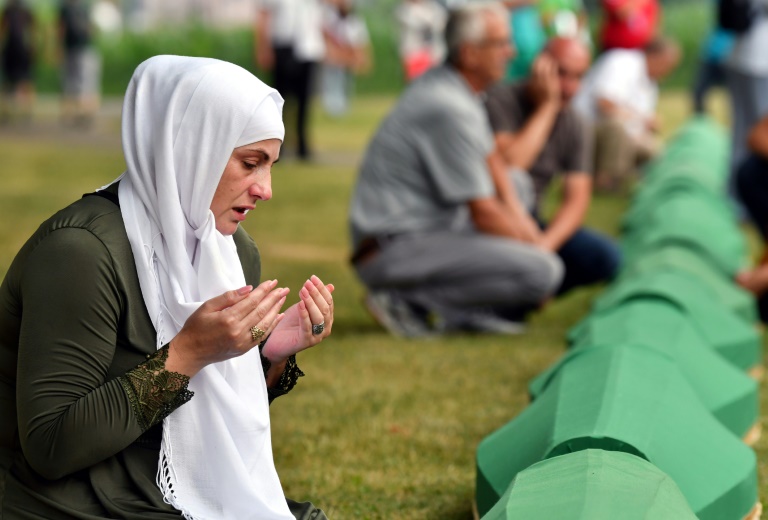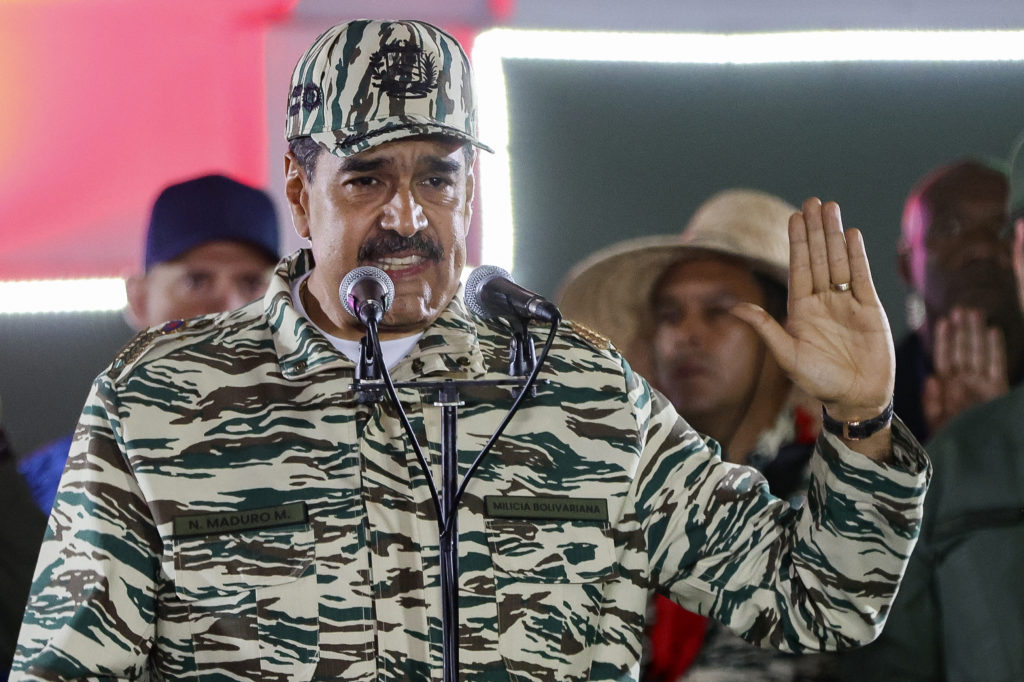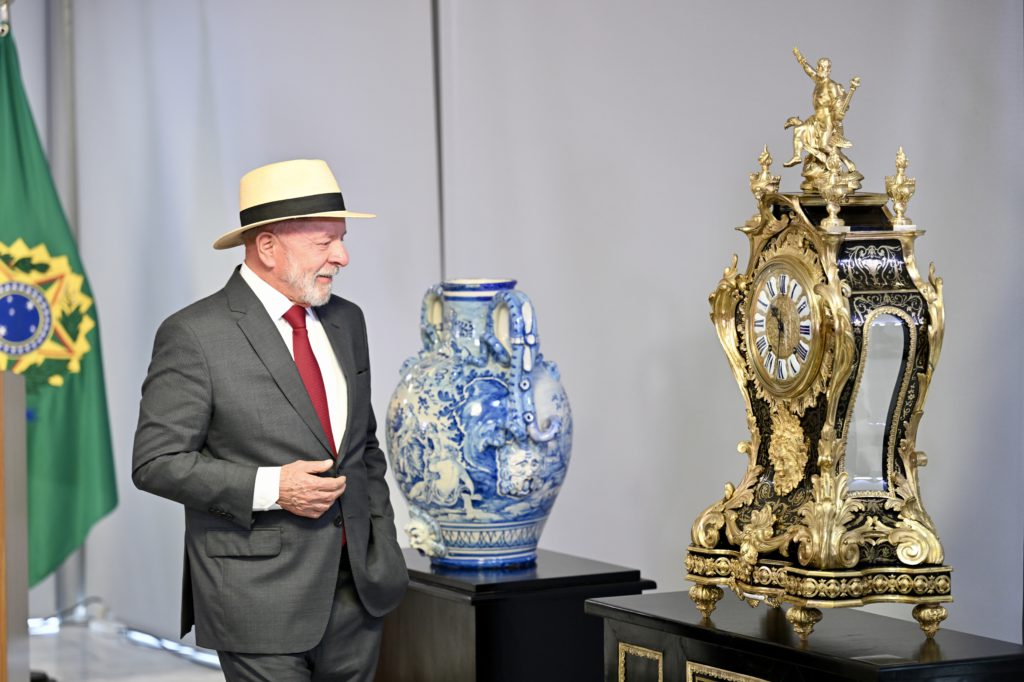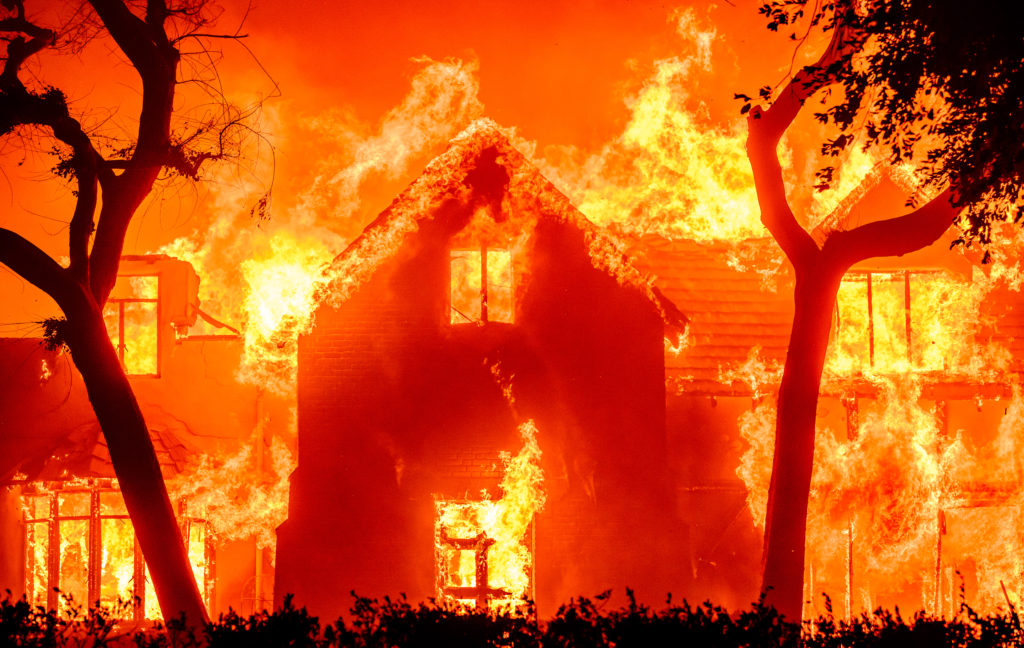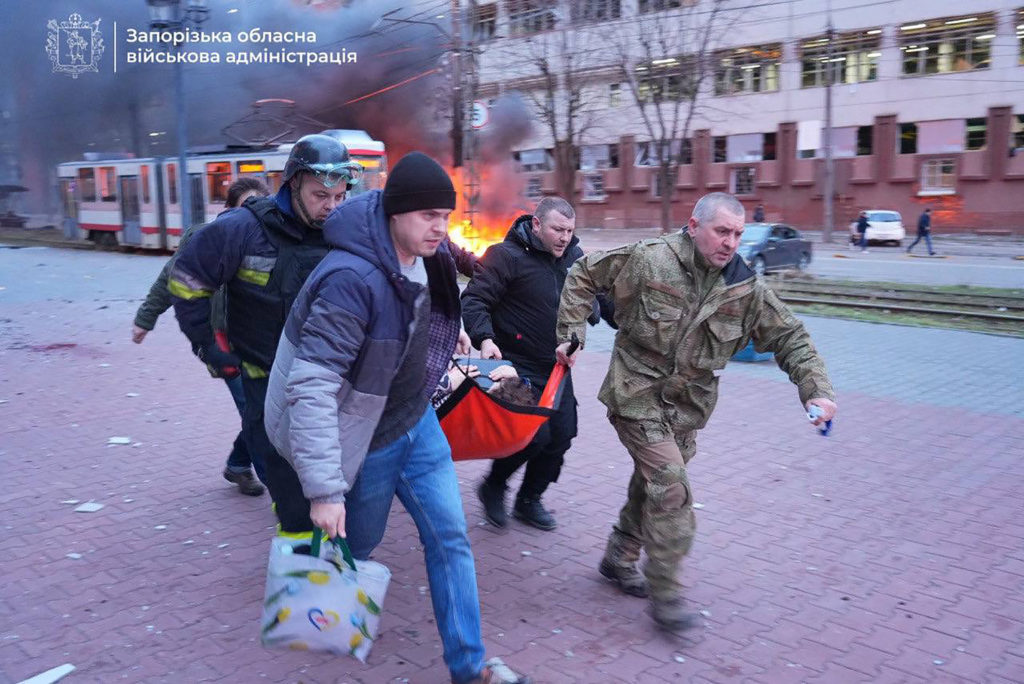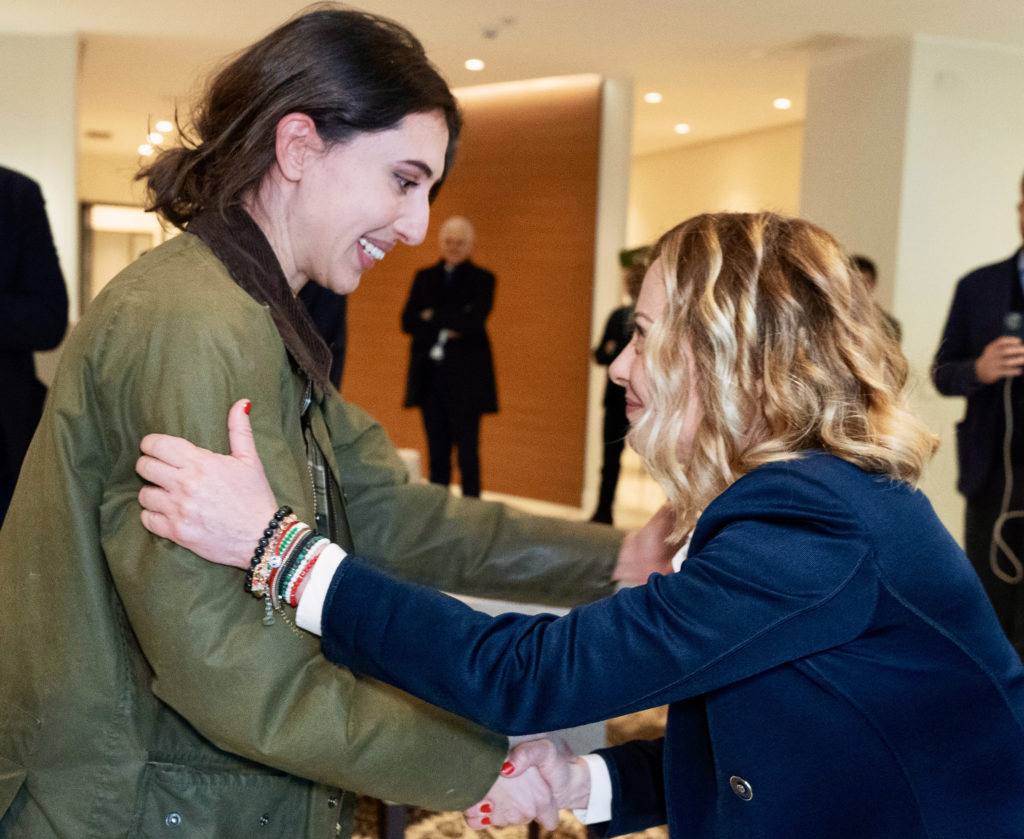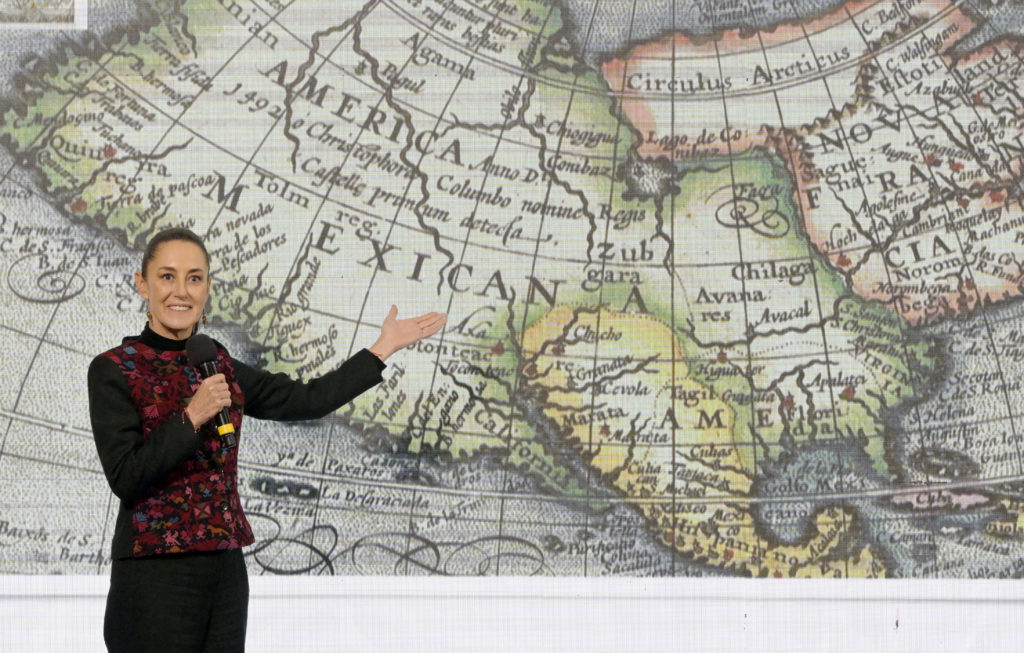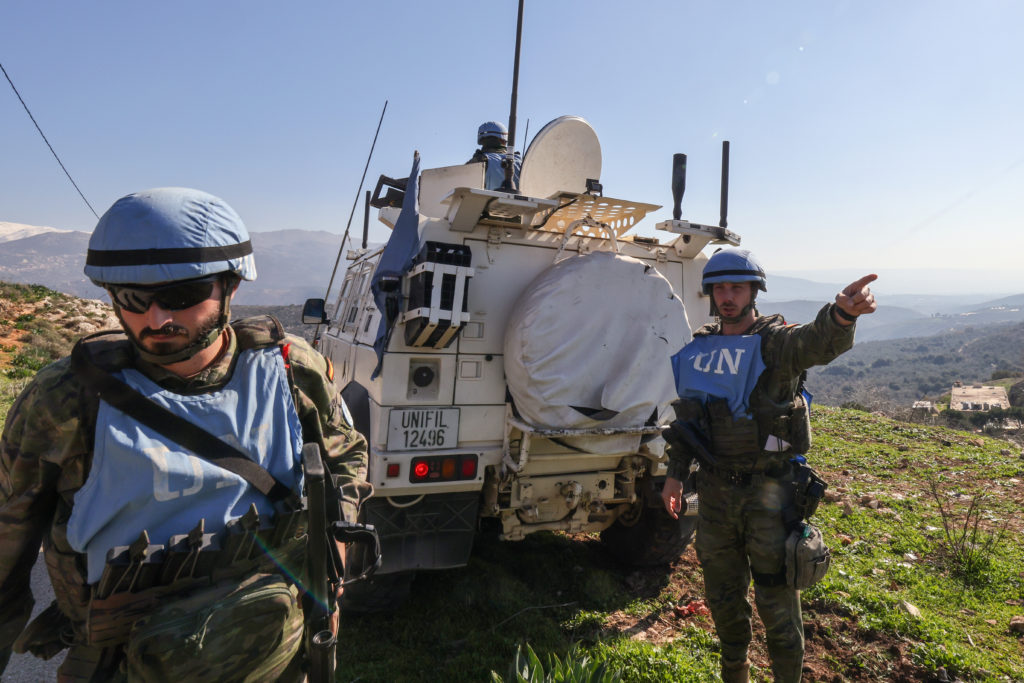The remains of 19 more victims of the Srebrenica massacre of Bosnian Muslims were laid to rest on Sunday during a commemoration marking 26 years since the genocide that still deeply divides the Balkan nation.
Serb forces killed more than 8,000 Muslim men and boys after they captured the ill-fated town on July 11, 1995, in the final stages of Bosnia’s 1990s war.
It marked the worst atrocity committed on European soil since World War II and was deemed a genocide by international justice, though most ethnic Serbs and their leaders in both Bosnia and Serbia reject the label.
Because the bodies of the victims were originally dumped into mass graves, most of which were then moved in an effort to hide the atrocity, families were not able to bury the remains of their loved ones until they were found years later.
The remains of 19 such victims, including two teenagers, were laid to rest during Sunday’s ceremony, held at a memorial centre just outside of town.
They joined the remains of 6,671 Srebrenica victims that have been buried at the cemetery so far, while another 236 people have been laid to rest elsewhere.
“I will bury only the scull of my brother but even it is not whole,” Azir Osmanovic told reporters.
His brother Azmir was 16 years old in July 1995 when he tried to flee Srebrenica with a group of other teenagers as the Serbs captured the town, but entered a mine field, Osmanovic said.
“My brother and two other boys died there.”
Azmir’s scull was found in 2018 and identified a few months ago.
“I decided to bury him this year to have at least a place to pray for him.
“I don’t think anything else could be found after all these years,” Osmanovic said.
– Still searching for victims –
Most of the massacre victims were shot dead in groups of hundreds at different sites in the Srebrenica region.
“It’s getting more difficult to find new mass graves,” the memorial centre spokeswoman Almasa Salihovic said.
“We are still searching for more than one thousand victims.”
A UN court sentenced both Bosnian Serb wartime political leader Radovan Karadzic and his army chief Ratko Mladic, to life in prison, notably for Srebrenica.
On the eve of this year’s massacre anniversary, the Serb member of Bosnia’s joint presidency Milorad Dodik repeated his view that “there was no genocide.”
“There is information that coffins (with victims remains) are empty, that there are no remains in them, they just put a name,” he said quoted by the Bosnian Serb television RTRS.
Head of Bosnia’s institute for missing people Amor Masovic labelled Dodik’s comments “horrifying.”
“At the memorial centre, there are victims of whom only one bone was found and buried.”
European Union foreign policy chief Josep Borrell and the bloc’s enlargement commissioner Oliver Varhelyi urged Balkan political leaders to face the past.
“There is no place in Europe for genocide denial, revisionism and glorification of war criminals,” they said in a joint statement Saturday.
The Bosnian government earlier this week failed to proclaim July 11 the national mourning day since ethnic Serb ministers opposed the move.

